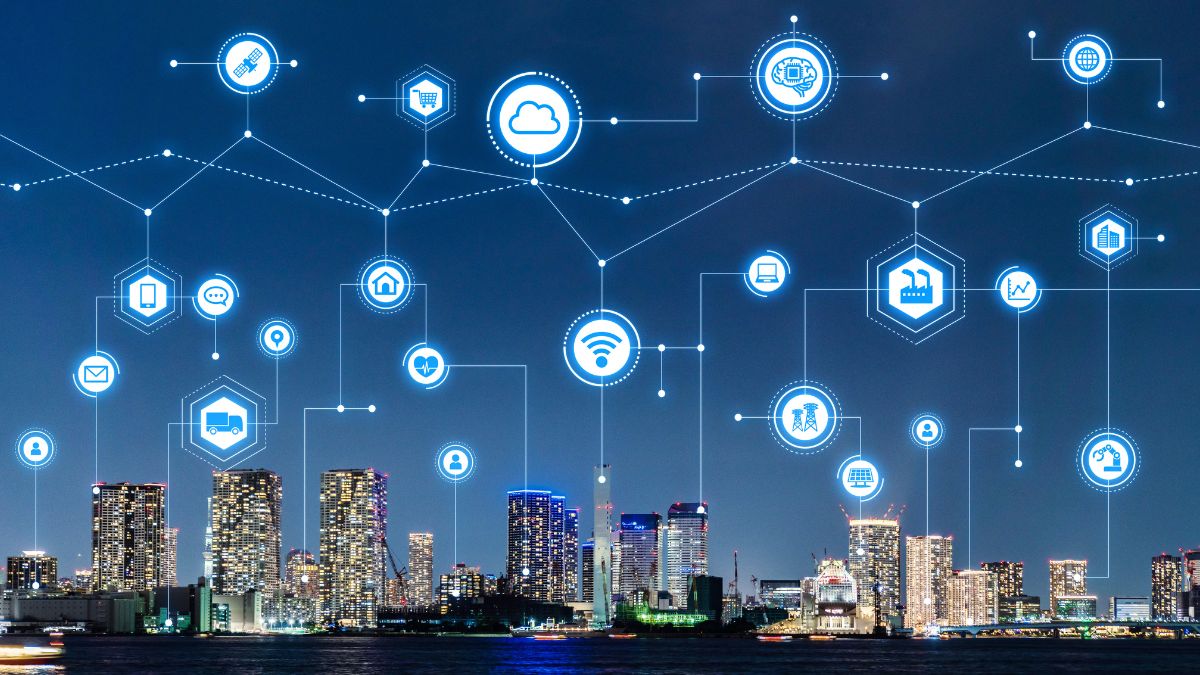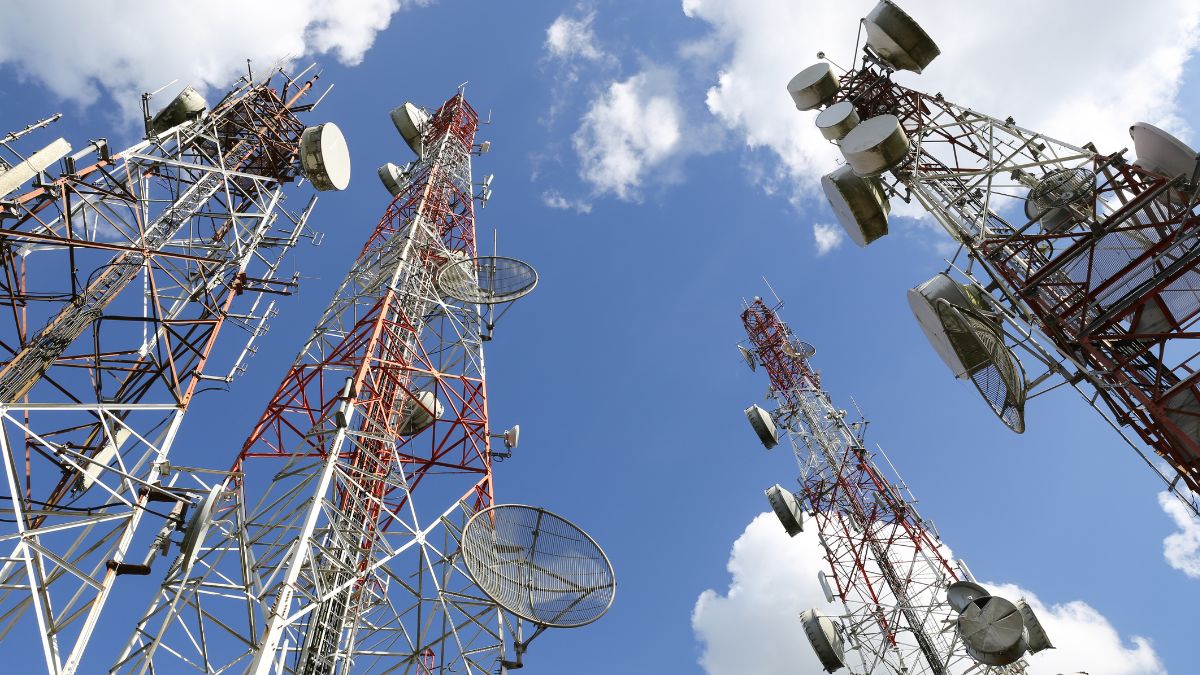The Indian Parliament has recently passed the Telecommunications Bill, 2023, marking a significant overhaul of the country’s outdated telecom laws dating back to the late 19th century.
This comprehensive bill, rooted in the Indian Telegraph Act of 1885, the Wireless Telegraphy Act of 1933, and the Telegraph Wires (Unlawful Possession) Act of 1950, is set to bring about substantial changes in the telecom sector.
Here, we delve into 10 key ways in which the Telecom Bill 2023 will impact both mobile users and telecom companies.
Table of Contents

National Security Takes Priority
One of the most critical aspects of the bill is its provision allowing the government to temporarily take control of telecom services in the interest of national security. In case of a threat, the government can step in to ensure public safety, temporarily taking possession of telecom networks during emergencies or to prevent incitement for committing offences.
Strict Measures Against SIM Card Fraud
To combat fraudulent activities, the bill introduces stringent penalties for obtaining a SIM or other telecom resources through fraud, personation, or cheating. Offenders may face up to three years in jail and a hefty fine of ₹50 lakh. Additionally, companies are now mandated to capture verifiable biometric data when issuing SIMs to prevent misuse.
Crackdown on SIM Card Spoofing
Recognizing the rising threat of SIM card cloning, the bill considers crimes related to “spoofing” or cloning as punishable offences. Major telecom players like Reliance Jio, Airtel, and Vodafone-Idea have warned subscribers against the dangers of SIM card cloning.
TRAI’s Powers Curtailed
In a move welcomed by telecom companies, the bill limits the powers of the Telecom Regulatory Authority of India (TRAI). This addresses concerns raised by industry players, signalling a potential shift in the regulatory landscape.
Eased Rules for Surrendering Licenses
For companies contemplating surrendering their telecom licenses, the bill brings relief by easing certain rules, including the refund of fees for licenses and registrations.
Prior Consent for Promotional Messages
In a nod to user privacy, the bill mandates prior consent from mobile users for receiving promotional, advertising, and other specified messages. This move aims to empower users to control the messages they receive.
Administrative Route for Satellite Spectrum
Significant changes are introduced in the allocation of spectrum for satellite broadband services. The bill provides for the administrative allocation of spectrum to satellite communications companies, rejecting the auction route advocated by some domestic telecom players.
Capped Penalties for Telecom Companies
The bill proposes a cap of ₹5 crore on penalties imposed on telecom operators, a significant reduction from the earlier ₹50 crore per circle. This move aims to balance regulatory measures without imposing excessive financial burdens on companies.
Right of Way (ROW) for Telecom Companies
Telecom networks installed on any property are now exempted from claims, encumbrances, liquidation, or similar issues related to the property. This provision simplifies the operational landscape for telecom companies.
Protection of Press Messages
The bill safeguards the press messages of correspondents accredited to the Centre or state governments. These messages cannot be intercepted or detained unless prohibited under rules applicable to public emergencies and public order.
Insiders reveal that the lack of clarity poses a significant challenge, especially regarding the government’s power to specify breaking encryption. A source familiar with policy discussions at Google and Meta emphasized the technical challenges arising from the bill’s lack of clarity on telecommunications equipment, particularly concerning OTT services.
Despite calls for explicit clarification on the exclusion of OTTs, the bill remains open to interpretation, leaving room for potential state intervention in internet services and online communication platforms.
Policy experts caution that the bill’s ambiguity, combined with the government’s interception and blocking powers, could have far-reaching implications for user privacy and rights in the evolving landscape of digital communication services.



